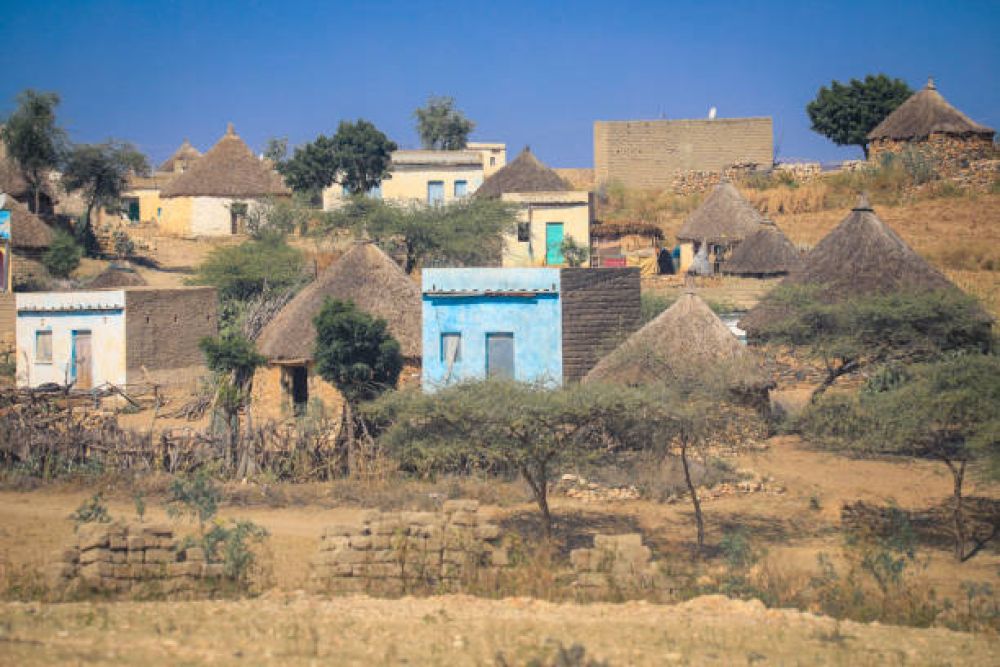

The fascinating country of Timor-Leste, also known as East Timor, is a place that boasts a rich tapestry of culture and history. The district of Ermera is particularly noteworthy, located in the north-central part of the country and renowned for its production of coffee, which is the nation's largest export commodity. Tourism in Ermera, and Timor-Leste as a whole, is a sector that has been developing steadily since the country's independence in 2002.
Tourism in Timor-Leste has been a story of slow growth and rediscovery. The nation has had to overcome numerous obstacles, including the ramifications of a long struggle for independence from Indonesia, which culminated in devastation and violence in 1999. In the years following independence, the Timorese government and various non-governmental organizations have worked to rebuild the country's infrastructure and to develop a sustainable tourism industry.
Ermera is significant in this context as it encapsulates the traditional roots of Timor-Leste, offering visitors a glimpse into the authentic lives and customs of the Timorese people. With its local traditional villages, it conveys a sense of the resilience and enduring culture of this young nation.
With global interest in sustainable and eco-friendly travel, Timor-Leste is increasingly finding its footing as a destination that offers an off-the-beaten-path experience, coupled with a strong emphasis on community-based tourism. Visitors to Ermera's traditional villages are looking for authentic engagements with the local culture while contributing positively to the local economy.
Another growing trend in this region is agro-tourism, influenced heavily by the presence of coffee plantations. Tourists are interested in learning about the coffee production process, from plant to cup, and the history that underpins it – from Portuguese colonial times to the present day.
Moreover, the rise of digital nomadism and the search for unique, unplugged destinations have put remote locations like Ermera on the map. Small-scale, culturally immersive experiences, such as staying with local families and participating in daily village life, are particularly sought after by this new wave of travelers.
For those planning to visit the traditional villages in Ermera, there are a few cultural etiquette rules to keep in mind:
The effort to promote tourism in Ermera is ongoing, with a focus on preserving the traditional ways of life, while welcoming visitors to share in the beauty and depth of Timorese culture. Traditional villages in Ermera offer a unique journey through time and an unmatched educational experience for those interested in the living history of Southeast Asia's youngest nation.